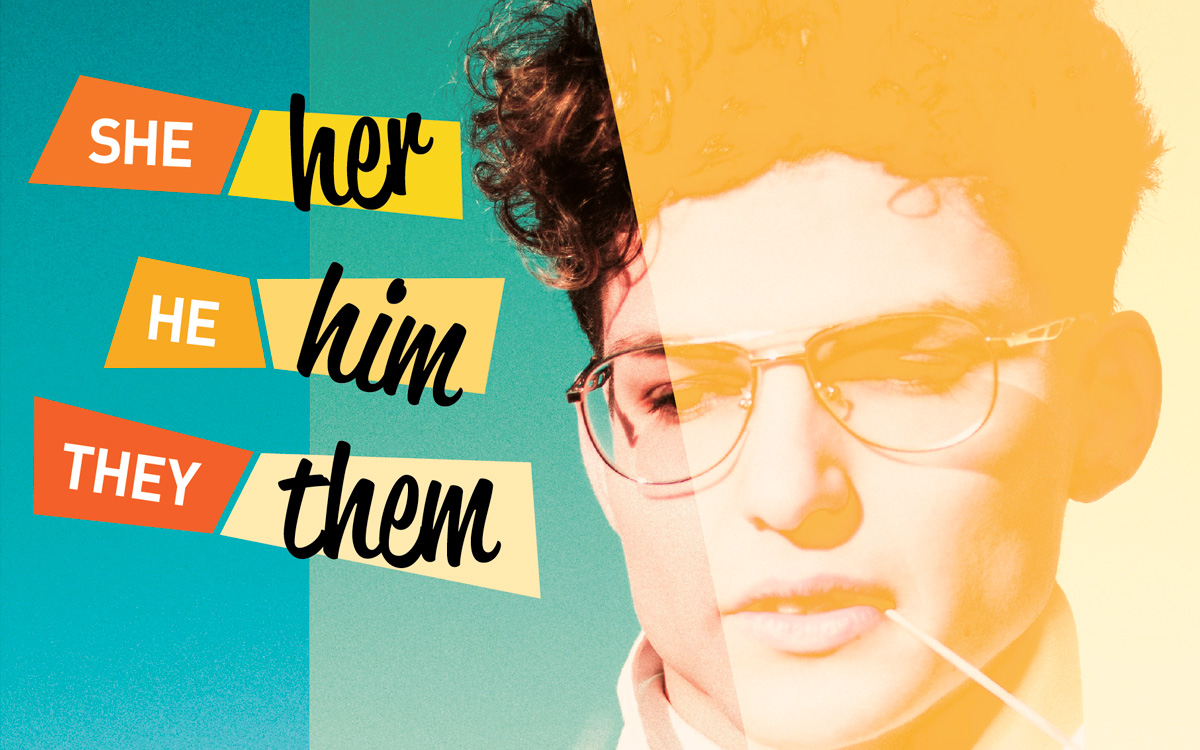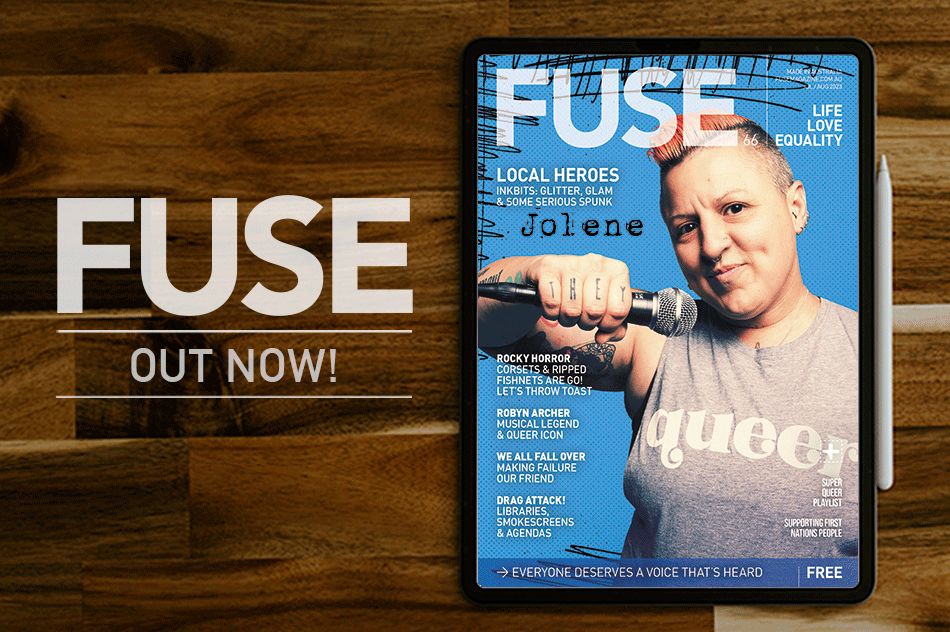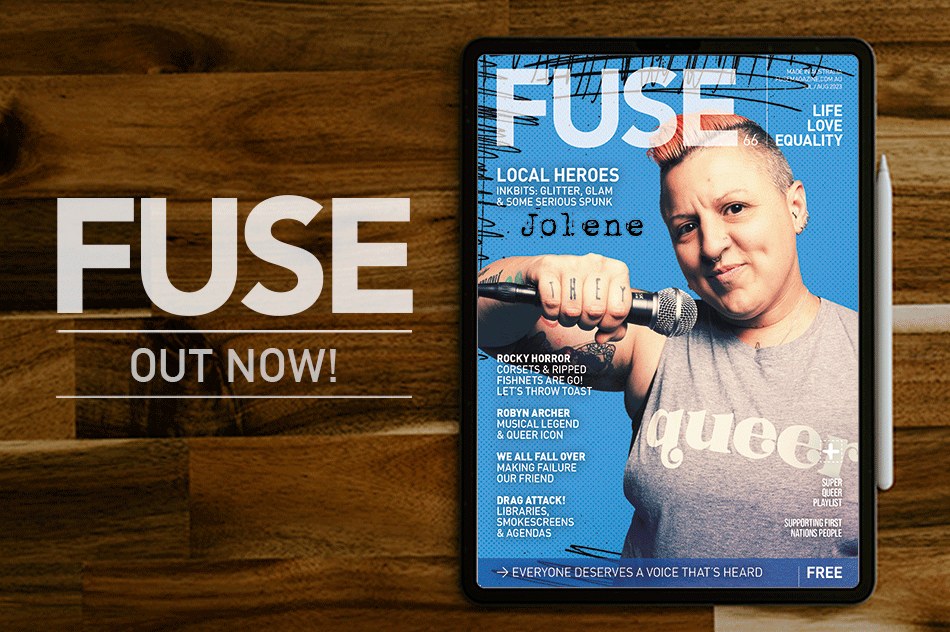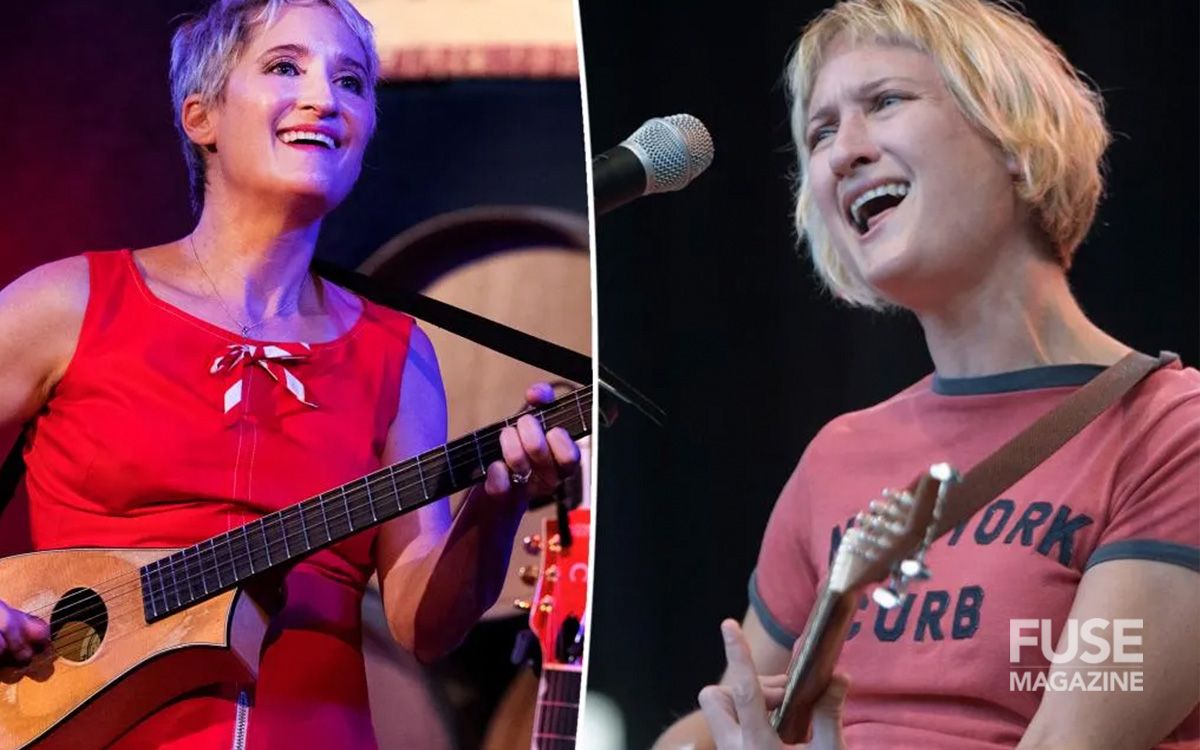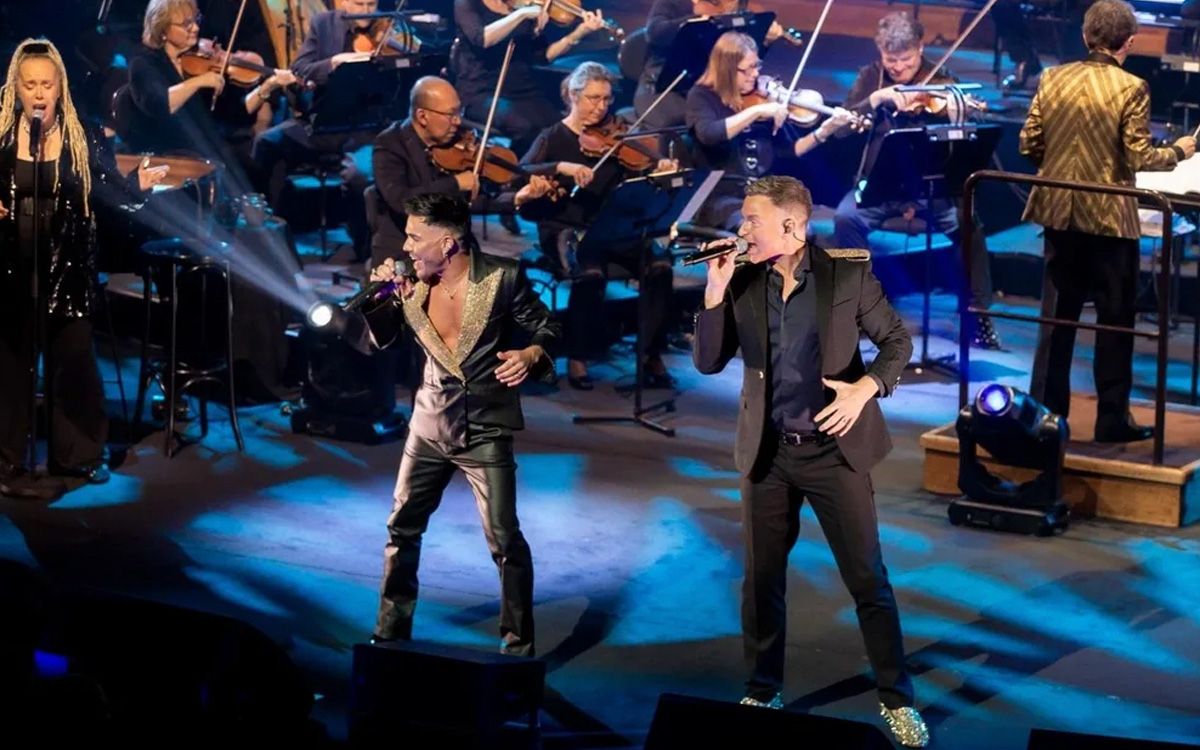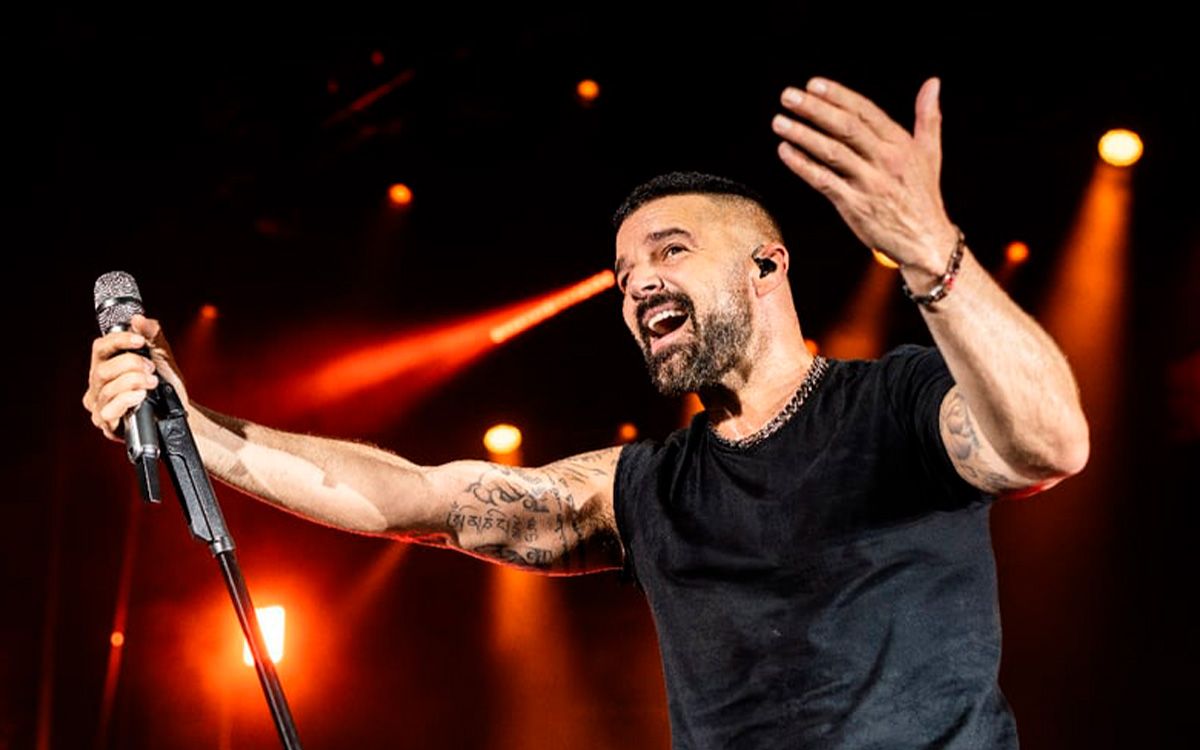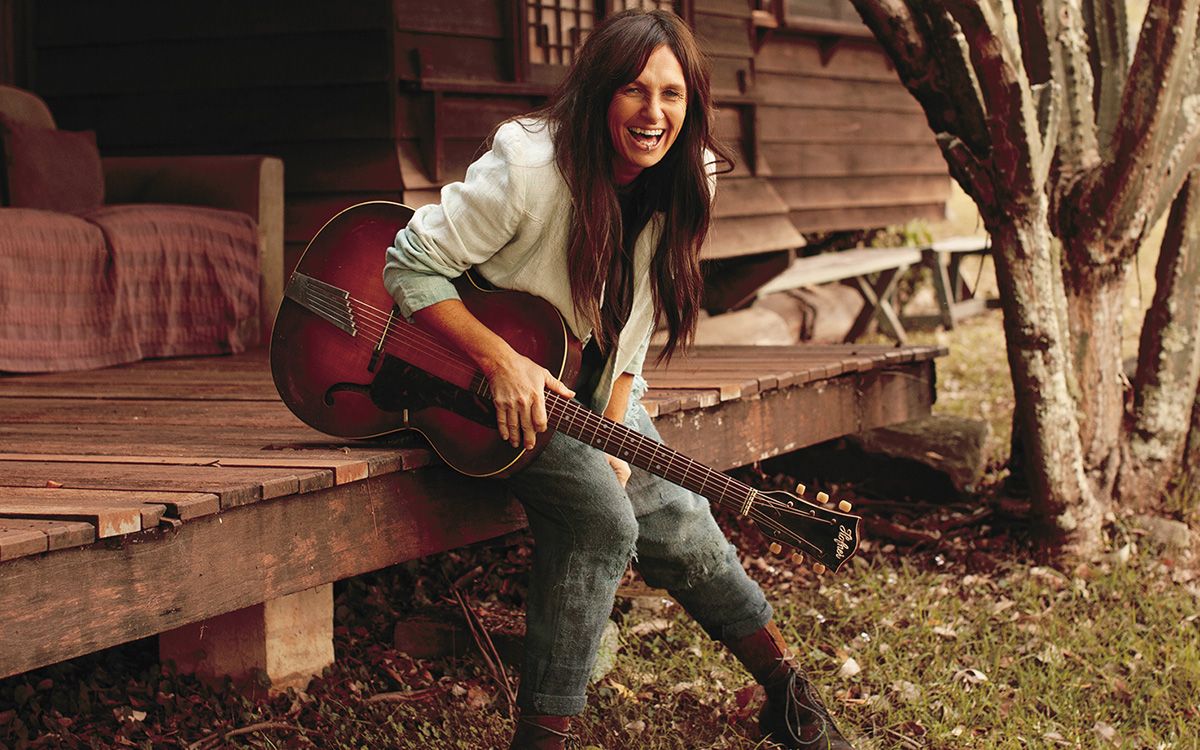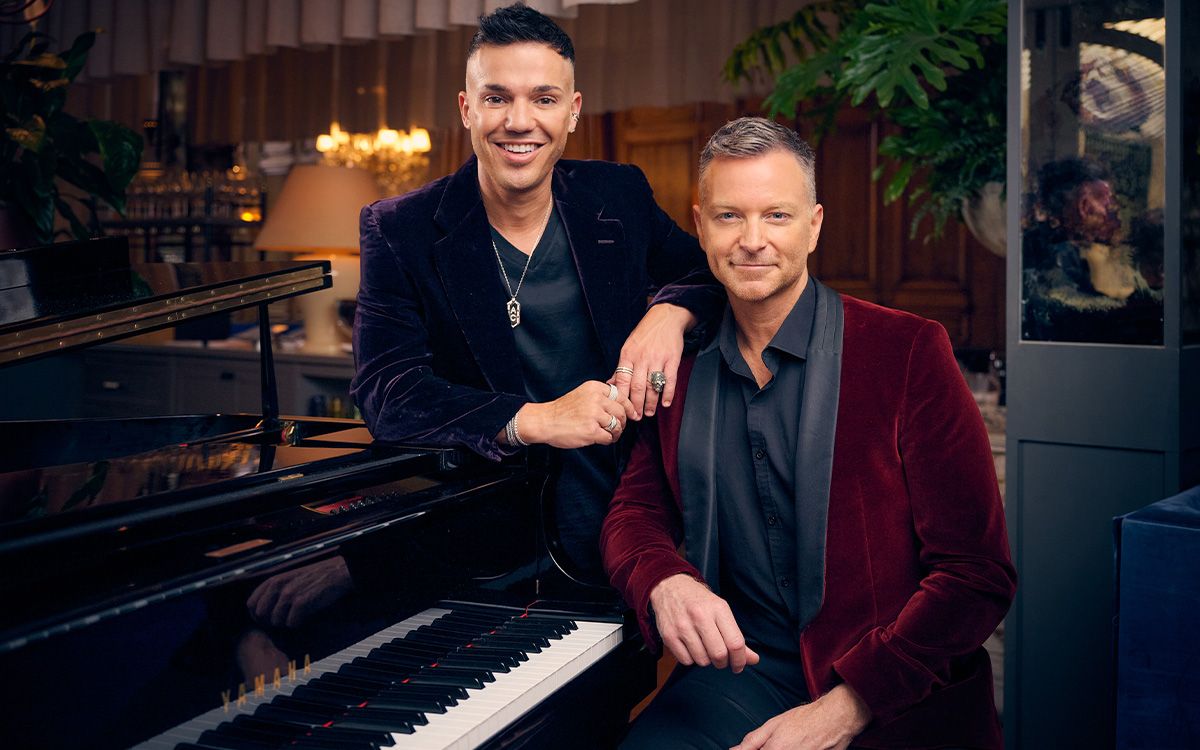Local hero Jolene Mifsud talks music, gender and community.

So many amazing people are living regular lives but doing extraordinary things; it really does warm our hearts and top up our inspiration. This issue we are super excited to have local hero Jolene Mifsud, AKA InkBits (they/them), gracing our cover.
Having spent their 20s in Sydney, coming out and leaving home, Jolene moved to our glorious capital Canberra in 2015, and since then has been an advocate for supporting queer people and creating safe spaces and events that are inclusive and welcoming to everybody.
We spent some time with Jolene to ask about all the cool things they do, what it’s like being non-binary, music and politics, all mixed in with some glitter, glam and serious spunk.
Thank you so much for sharing your experiences with us. Is this the first time you’ve been a cover model?
Thank you for having me. Many years ago, I was on the cover of a local Newtown paper that did an article with a music company I was signed with, but not like this! It feels rad to be a cover model for FUSE, and an honour to be gracing the cover as the beautiful, proud queer human
I am… thank you for featuring me as a local LGBTQIA+ hero.
You have some pretty cool tattoos, including the words they/them on your fingers. Can you tell us how they came about, and for those who may not know, what it means to be non-binary?
Ah, thank you. I have been getting inked since I was 17. I absolutely love collecting art on my skin. Just like the majority of my tattoos, my pronoun tattoos came after a lot of thought processing.
I have been identifying as non-binary for about six years now, and I am really proud of this identity and wanted to take a step up from badges and t-shirts that are adorned with my pronouns, so I thought, well, they fit on my knuckles… let’s do that.
I like that it sparks many conversations with people that read them and also gives a visual representation every time I introduce myself with my pronouns.
The term non-binary is used for people whose gender identity sits outside the gender binary. People might be identifying as neither a woman nor a man or a combination of both. They often use they/them pronouns, sometimes in conjunction with gendered pronouns. Trans people can be non-binary. A non-binary person does not have to be trans.
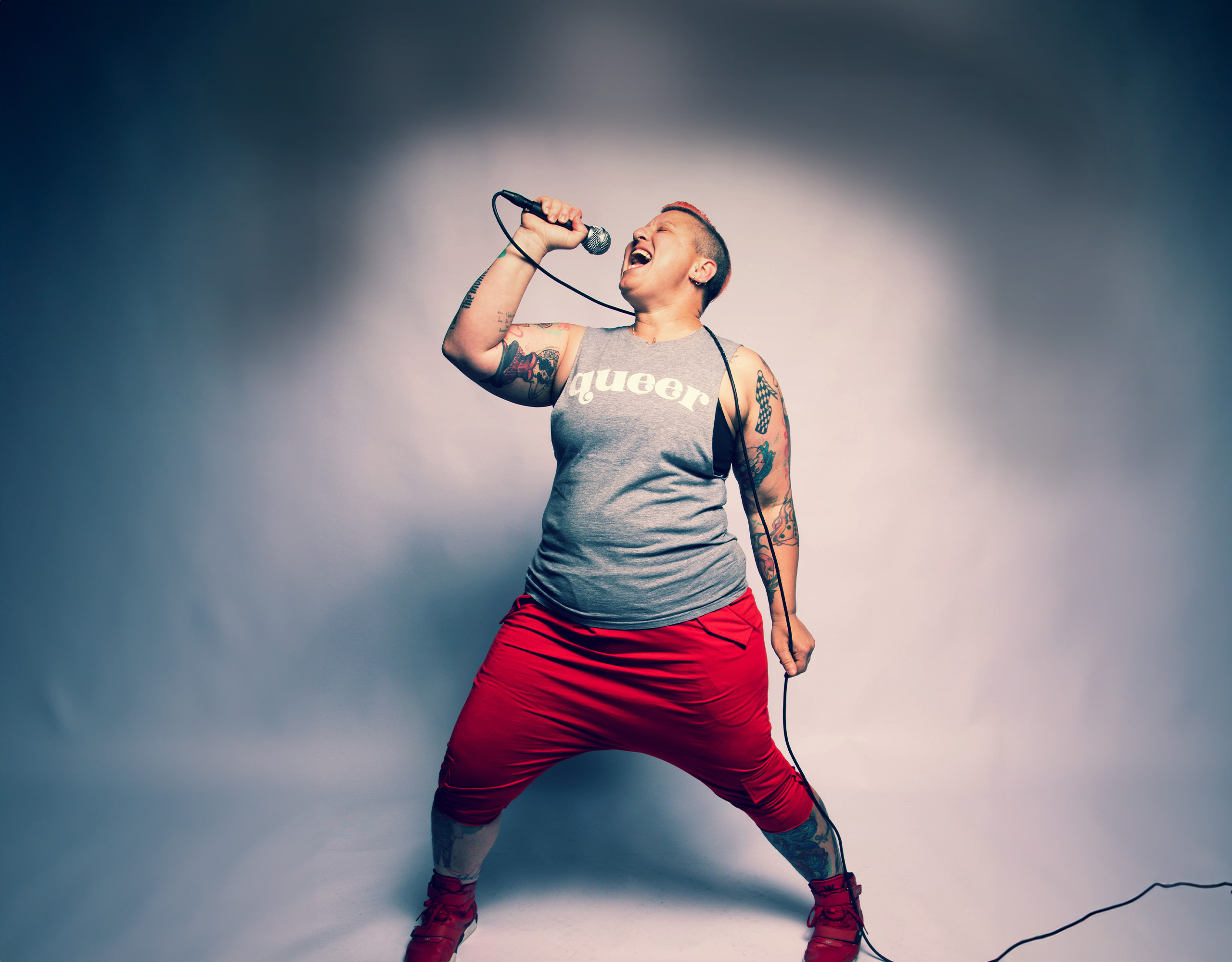
What does being non-binary mean to you personally?
So, being non-binary for me means that I don’t feel or see myself fitting into the categorised gender binary of female or male. I have always felt rather masc, but I still feel a feminine side to me. I am inherently myself and don’t really vibe with traditional notions of existence.
What was your experience of coming out as non-binary?
I discovered my gender identity through my art. When I started performing as InkBits, a lot of my acts were really gender fluid, going from masc to fem (or vice versa).
It was one of my besties, Bambi Valentine, that started using they/them pronouns as she thought I was already using them, and when I heard this, it just clicked. It felt so right. So I “came out”. It wasn’t an easy thing to do.
I guess my coming out as gay when I was younger wasn’t the best experience, and I still had internalised phobia, which made it super tricky to feel valid as a trans-non-binary human. After a couple of years of identifying as non-binary, I finally came out at school (where I was working), and it was very liberating.
By living this truth, the amount of education I have been able to impart has been so damn wonderful, and I have had countless young people “come out” to me. That’s really special.
What do you feel are the main issues facing the LGBTQIA+ community right now?
Whilst we have come a long way, there is still so much hate and fear that we face just for existing.
Our community deals with twice as much abuse and violence than the hetero community. We have higher numbers of anxiety and depression, substance abuse and isolation. I mean, religion has a lot to answer for, and I say this from a personal perspective. I grew up in a Catholic family, and when I came out, all hell broke loose. I left home at the age of 20 and struggled with addiction for many years, all because I felt so ashamed that I was different and I truly didn’t belong.
I am blessed that I made it through, and this is one of the main reasons I am so proud and fierce about being queer!
Pronouns are pretty big news on both sides of politics right now. Why do you think they are so important?
It comes back to the gender binary thing. Everything is gendered, and people will gender someone or something based on their view and idea of them.
In life, he/him pronouns are so commonly used even when the gender of a character in a book or an animal has not been identified. It’s so ingrained in our culture. Introducing pronouns that have no gender open the world up to less stereotypical views and give people the freedom to explore and see themselves through a different lens.
When I get misgendered, and it happens very often, it can be real dysphoric because that’s not who I see when I look at myself.
Read More About 'Pronouns And Why They Are Important.'
What’s your advice in dealing with negative reactions to pronouns and gender affirmation?
Share your pronouns as it helps to normalise them. Surround yourself with community that will have your back, will love and support you and see you for who you are. It can be super exhausting to keep fighting on a daily basis, so a great support network can hold you when things get too much.
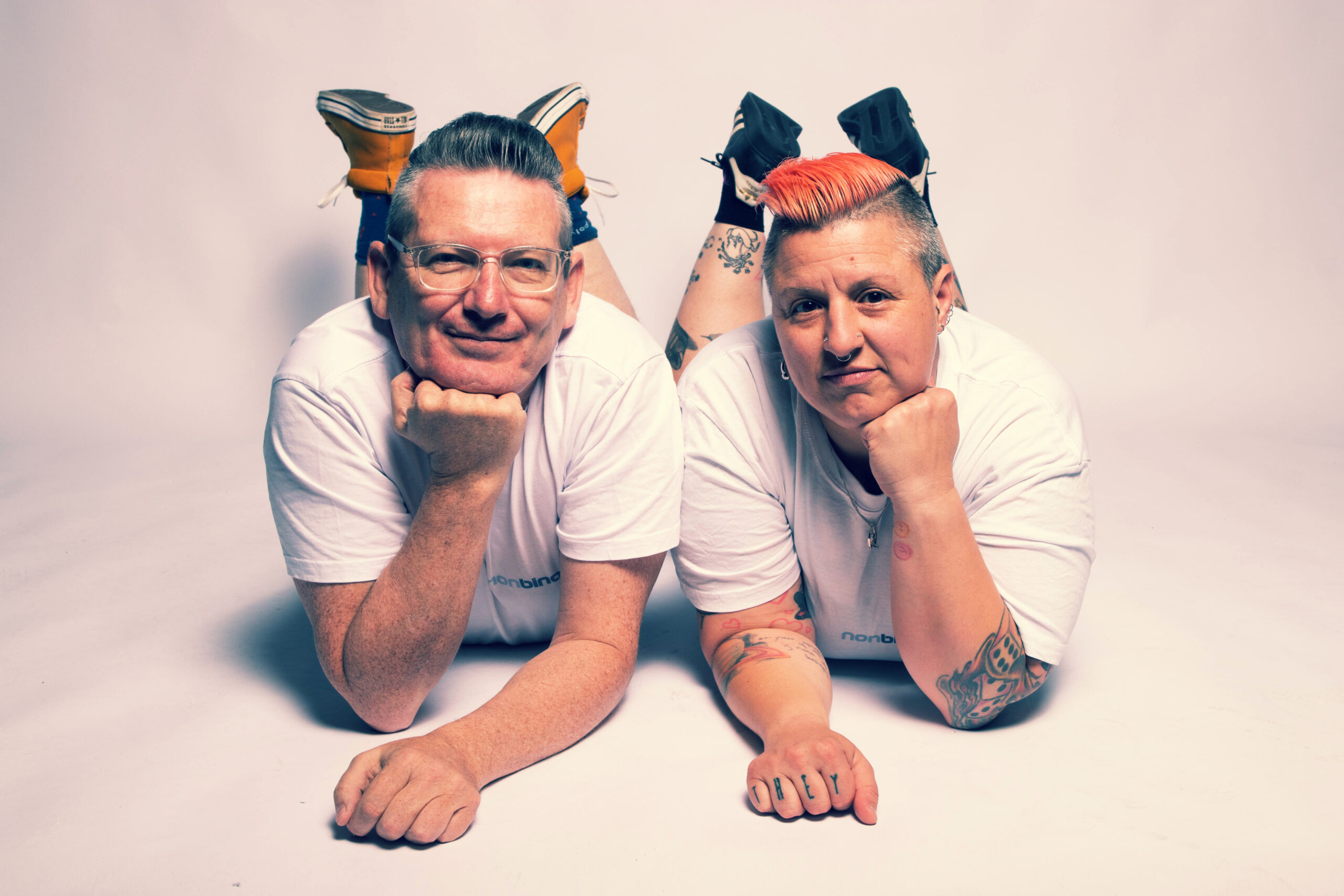
Listen to music by nonbinarycode.band
Talking about gender, you have a band called nonbinarycode, tell us more about that.
We started out as predominantly a cover band but recently decided to go full band and do original songs.
Most of the songs I wrote back in my 20’s, when I was freshly out and didn’t feel I belonged in the world, and I found sanity through writing. These lyrics are still rather fitting today, and I have just updated a few songs to have they/them pronouns.
Steve, one of the original band members, and I wrote a new song that we will be recording soon, called “Gender Revolution”, which is about breaking down binaries.
How would you describe the band’s sound?
We are punk/grunge/rock and someone mentioned to me recently,
“... would you be offended if I called your music pop-punk?”.
Pop-punk does sound like a solid music genre. You also started GlitterBox at Flazeda; tell us about it and how it began.
Jazida had opened Flazeda and asked me if I was interested in producing a queer party there. After moving to Canberra eight years ago, I noticed a lack of queer parties and wanted to bring a space that was safe and inclusive for our community. Producing at Flazeda also meant I could support a queer POC-run venue. I also wanted to give a platform to all the amazing queer, trans, BIPOC artists we have in Ngunnawal country. For me, GlitterBox is all about freedom, love and kindness and self-expression!
You volunteer with Meridian, tell us a bit about that gig.
I have been blessed to work with Meridian — they do such great things! I have done performances, MC gigs, videos and, of course, FreshOut. It was so exciting to be asked to host this year’s FreshOut!
You’re involved with ‘Acting Out’ for queer youth at Rebus Theatre. Have you always been interested in youth work, and what do you think the program brings to young people?
I changed careers about six years ago and started working with young people in education support. It became evident to me that I wanted to take this further, work with young people, and be the person that
I needed when I was young. After struggling with neurodivergence*, being queer and struggling with drugs from a young age, I feel very passionate about guiding young people to a better way of life.
The program is great for bringing young people together and finding new friends. It also gives them a cool art project to do in the school holidays, and they get to share their thoughts and lives with like-minded people, as I mean, school and society is still a bit of a tough existence for LGBTQIA+ youth.
Being queer is much more widely accepted now here in Australia, but do you think LGBTIQA+ youth still have significant hurdles.
Absolutely. I see it in school all the time. There is still not enough visibility in diversity, and there are still families that don’t understand and accept their own children’s identities. There is still ignorance and hate, and fear projected onto these kids. I think there is also a great lack of education in sex, relationships and gender binaries. There are still lots of hurdles.
Thank you so much for taking the time to speak with us. Before we finish, from your own life experience, what’s a piece of wisdom that you would like to share with the world?
Thank you for having me! I am honoured! Ummmm… keep being you. Be true to yourself, stand strong and bright, and help others to see that it’s okay to be unashamedly yourself. Stand up for others, be honest, respectful and kind, and live with love. We are all uniquely diverse. Embrace it all!
* Neurodivergent is a non-medical term that describes people whose brains develop or work differently for some reason. This means the person has different strengths and struggles from people whose brains develop or work more typically.
Jolene Mifsud they/them
Trans Non-Binary Queer on Ngunnawal+Ngambri Country
@jolenelikethesong
@nonbinarycodemusic
@inkbits_punkcabaret
@glitterbox_party



